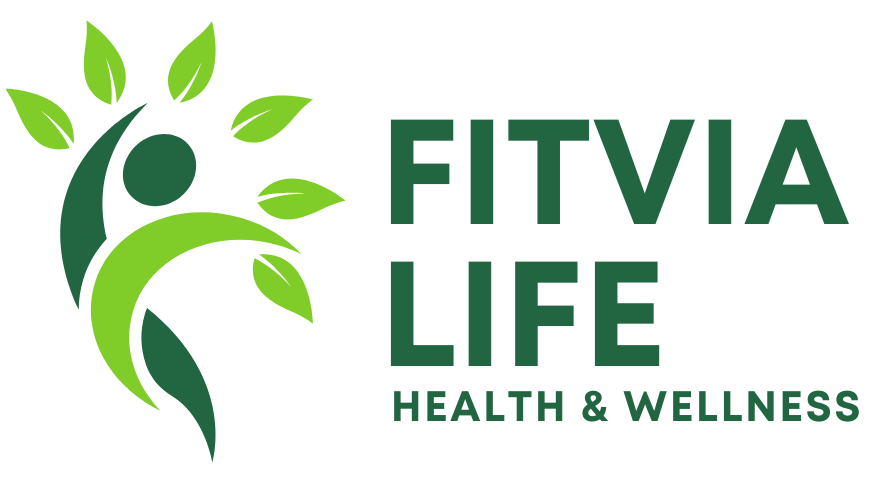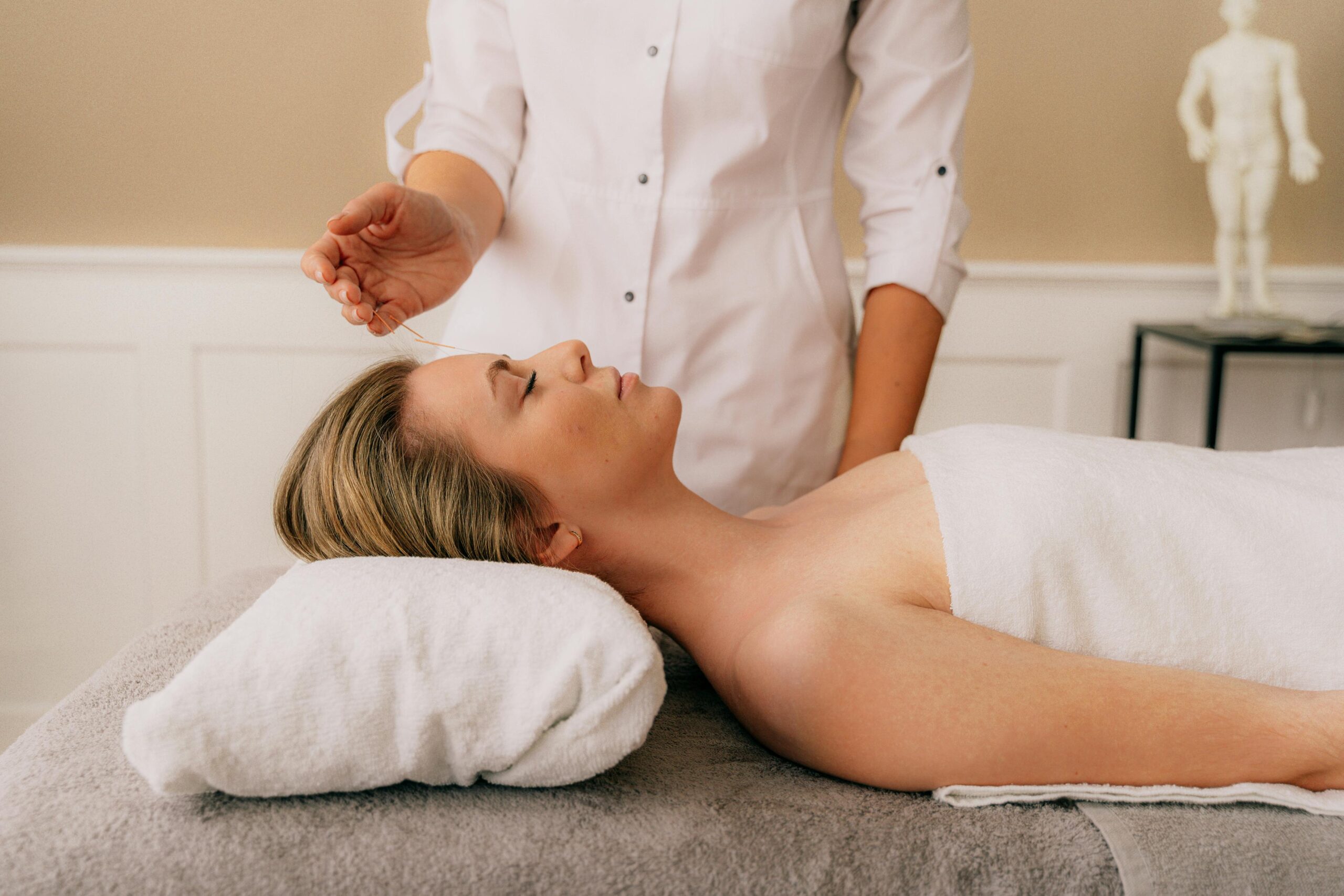In today’s fast-paced world, relaxation is no longer a luxury — it is a necessity. With increasing work pressure, digital distractions, and everyday responsibilities, finding time to unwind is essential for mental, emotional, and physical well-being. Learning how to relax effectively can significantly improve your quality of life, reduce stress, and boost overall productivity.
What is Relaxation?
Relaxation is the process of releasing tension and returning the body and mind to a state of calm. It involves slowing down your thoughts, letting go of worries, and allowing your body to recover from stress. While relaxation can be as simple as taking a few deep breaths, it also includes activities like meditation, yoga, listening to calming music, or spending time in nature.
Benefits of Relaxation
Engaging in regular relaxation practices has a wide range of benefits. These include:
- Stress relief: Relaxation techniques help reduce the levels of the stress hormone cortisol in the body.
- Improved sleep: Relaxing before bedtime can improve sleep quality and reduce insomnia.
- Better focus: A relaxed mind is more alert, creative, and able to concentrate.
- Lower blood pressure: Deep relaxation slows the heart rate and helps lower blood pressure naturally.
- Enhanced emotional health: Taking time to relax improves mood, reduces anxiety, and promotes emotional balance.
Top Relaxation Techniques
- Deep Breathing
One of the simplest ways to relax is to practice deep, mindful breathing. Inhale slowly through the nose, hold for a few seconds, and exhale through the mouth. Repeat for several minutes to calm the nervous system. - Meditation and Mindfulness
These ancient practices train the mind to focus on the present moment, reducing mental clutter and promoting inner peace. - Progressive Muscle Relaxation (PMR)
This technique involves tensing and then slowly relaxing each muscle group in the body, which helps release physical tension. - Listening to Relaxing Music
Calming sounds or nature music can slow your heart rate and soothe your mind. Music therapy is an excellent tool for stress management. - Aromatherapy and Essential Oils
Scents like lavender, chamomile, or sandalwood are known to promote relaxation and reduce anxiety. - Spending Time in Nature
A simple walk in a park, beach, or forest can help you reconnect with yourself and lower stress levels.
Why You Should Prioritize Relaxation
When you make time for relaxation, you’re not just pausing from your busy life — you’re investing in your health. Studies show that people who engage in regular relaxation techniques have better immune function, improved digestion, and a more positive outlook on life.
Incorporating small moments of calm throughout your day, even just 10-15 minutes, can create lasting changes in how you respond to stress. This can lead to better decisions, more meaningful relationships, and a deeper sense of contentment.
Final Thoughts
Relaxation is a vital part of living a balanced life. Whether you choose meditation, gentle music, or simply sitting quietly with a cup of tea, finding what relaxes you is a personal journey. Make it a daily habit and notice the transformation in your body, mind, and soul.


